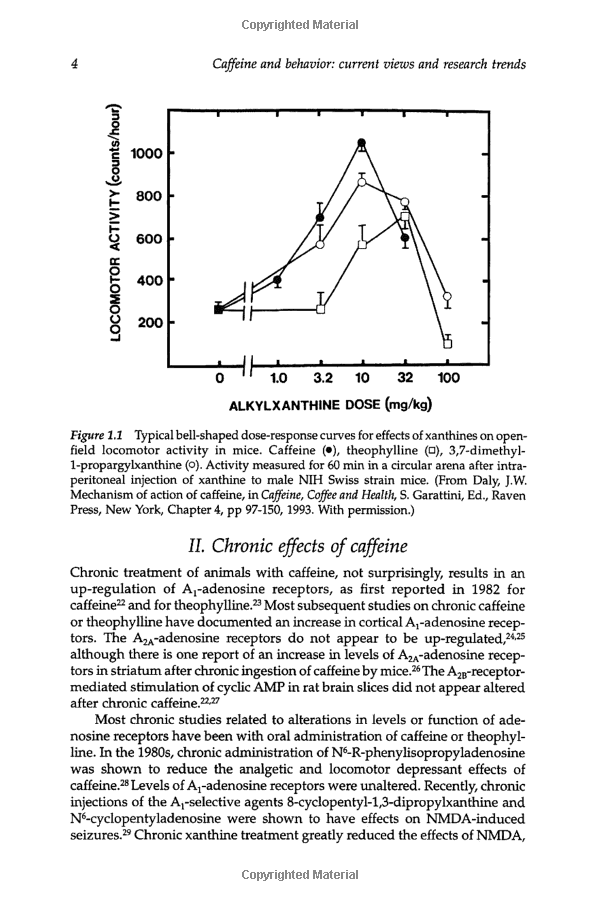Does Vinegar Attract Cats to Pee? Exploring the Science Behind Feline Behavior and Vinegar's Effects
Guide or Summary:Understanding Feline BehaviorThe Role of Scent in Cat BehaviorDoes Vinegar Attract Cats to Pee?Alternative Solutions for Inappropriate Urin……
Guide or Summary:
- Understanding Feline Behavior
- The Role of Scent in Cat Behavior
- Does Vinegar Attract Cats to Pee?
- Alternative Solutions for Inappropriate Urination
**Translation of "does vinegar attract cats to pee":** Does vinegar attract cats to pee?
Understanding Feline Behavior
Cats are known for their unique and sometimes perplexing behaviors. One of the common issues cat owners face is inappropriate urination, which can be both frustrating and puzzling. Understanding why cats choose certain spots to relieve themselves requires a deep dive into their instincts and environmental factors. Cats have a strong sense of smell, and their urination serves multiple purposes, including marking territory, expressing stress, or signaling health issues.
The Role of Scent in Cat Behavior
Cats use scent to communicate with each other and establish their territory. Their urine contains pheromones and other chemicals that convey information to other cats. When a cat feels threatened or anxious, it may urinate outside its litter box as a way to mark its territory or alleviate stress. This behavior can be triggered by changes in the environment, such as the introduction of new pets, moving to a new home, or even changes in the owner's routine.

Does Vinegar Attract Cats to Pee?
Now, let's address the question: does vinegar attract cats to pee? The answer is nuanced. Vinegar has a strong, pungent smell that may deter some cats from urinating in certain areas, rather than attracting them. The acetic acid in vinegar can be off-putting to cats, and many pet owners use it as a natural deterrent to keep cats away from specific spots, such as furniture or carpets.
However, some cats may be curious about the smell of vinegar. If a cat is already inclined to mark its territory, the scent of vinegar might not deter it. Instead, it could lead to a situation where the cat feels the need to assert its territory in response to the new scent. Therefore, while vinegar is often used as a cleaning agent and a repellent for certain behaviors, it is not a guaranteed solution for preventing cats from urinating in unwanted areas.
Alternative Solutions for Inappropriate Urination
If you're dealing with a cat that is urinating outside the litter box, it’s essential to address the underlying causes. Here are some strategies that may help:
1. **Veterinary Consultation**: Rule out any medical issues first. Conditions such as urinary tract infections or bladder stones can lead to inappropriate urination.

2. **Litter Box Management**: Ensure that the litter box is clean, accessible, and placed in a quiet area. Some cats prefer certain types of litter, so experimenting with different options may help.
3. **Environmental Enrichment**: Provide plenty of stimulation through toys, scratching posts, and interactive playtime. A bored or stressed cat may resort to inappropriate urination.
4. **Stress Reduction**: If there are changes in the household, such as new pets or family members, try to create a calm environment. Feliway diffusers, which release calming pheromones, can also help reduce stress.
5. **Repellents and Attractants**: While vinegar may deter some cats, consider using commercial cat repellents or attractants that are specifically designed to encourage litter box use.

In conclusion, while the question "does vinegar attract cats to pee?" may seem straightforward, the reality is more complex. Vinegar is not typically an attractant for cats; rather, it can serve as a deterrent in many cases. However, if a cat is already exhibiting inappropriate urination behaviors, it’s crucial to explore the underlying reasons and address them holistically. Understanding feline behavior and providing a stress-free environment can go a long way in ensuring that your cat uses the litter box consistently.